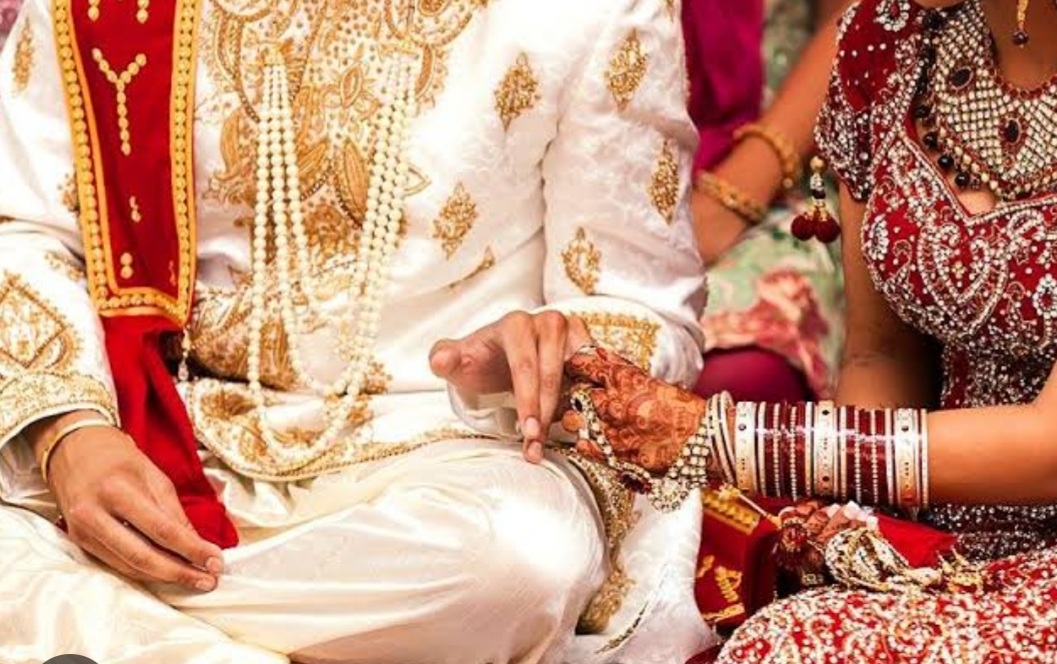Parliament's Privileges Committee
What is Parliament’s Privileges Committee, how it works
IN THE recently concluded monsoon session of Parliament, Congress’s Adhir Ranjan Chowdhury and
AAP’s Raghav Chadha were suspended from the House, pending reports by the Privileges Committee.
What are parliamentary privileges?
Parliament and its Members (MPs) have certain rights and immunities that enable them to function
effectively in their legislative roles. These are called parliamentary privileges.
Parliamentary privileges are, therefore, a mix of provisions in the Constitution, statutes, House procedures and conventions. For example, the Constitution specifies that MPs have freedom of speech and immunity from judicial proceedings against anything they say or votes they cast in Parliament.
Also, the Code of Civil Procedure protects them from arrest and detention under civil cases during a
parliamentary session, and for a specified period before it begins and after it ends.
How does Parliamentact on breach of privilege?
Each House of Parliament is the guardian of its privileges. Lok Sabha and Rajya Sabha have the
authority to take suitable action against anyone who breaches the privileges of its members or commits
contempt of the House. There are two mechanisms by which Parliament takes up these matters. The first is by a member raising the issue on the floor of the House, and then the House decides on it.
Lok Sabha and Rajya Sabha usually send the matter for a detailed examination to their Privileges Committee. The committee recommends to the House a course of action which is then accepted by it.
The Chairman of the Lok Sabha committee currently is MP Sunil Kumar Singh, and the Deputy Chairman
of Rajya Sabha, Harivash, heads the committee of the upper House.
MPs can also bring matters of breach of privilege to the notice of the presiding officers of their respective Houses. The presiding officers can then decide whether or not to send the case to the Privileges Committee.
What kinds of cases come to the committee?
Usually, the committees examine cases where MPs complain that an outsider has breached their
privilege. For example, the Lok Sabha committee recently looked at multiple instances in which MPs
alleged that government officials have either violated protocol or been unresponsive. But this year, MPs
have also brought questions about breach of privilege by other MPs.








Comments
Post a Comment